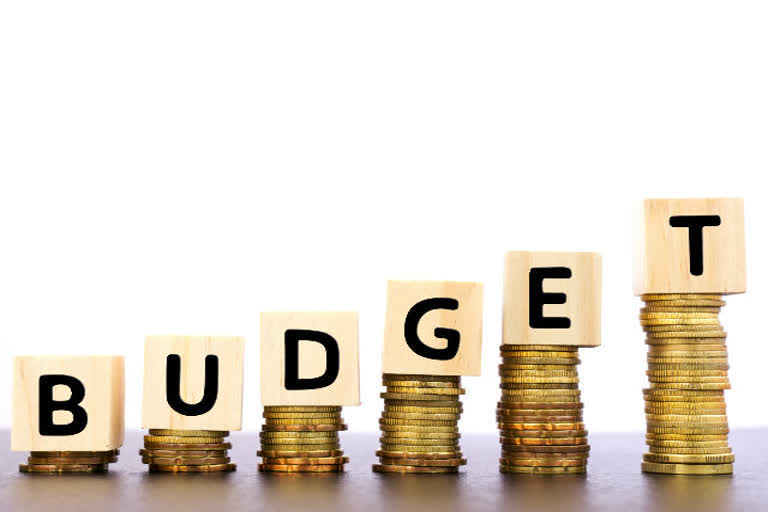New Delhi:Encouraged by the largest ever Covid-19 vaccination drive in the world that is underway in the country, Indian industry has high hopes of an economic revival and asked the government to announce specific tax measures, particularly more concessions in personal income tax, to stimulate demand in the economy, a survey revealed.
“With the world’s largest immunization program currently underway in the country, time is ripe to further accelerate efforts to reinvigorate the economy,” said a survey conducted by industry body FICCI and Dhruva Advisors.
The industry body suggested that the upcoming Union budget must focus on creating demand, increase the infrastructure expenditure and outlays for the social sector.
These are the top three macroeconomic themes, which members of India Inc would like to see in the budget, said the survey.
The survey said with the global supply chains being disrupted, research, innovation and new digital services would be the key differentiators for the growth.
“India Inc would like the government to continue with its policy focus on strengthening the manufacturing ecosystem, promoting research and development, and incentivizing futuristic technologies in the upcoming Budget,” it said.
The survey said though the economy is looking up but the revival of demand is limited to a few sectors and a continuous government support will be required to revive the demand in the economy in a more sustained manner.
According to the survey, nearly 40% of the participants feel that ‘personal income tax relief’ should be the key theme of direct tax proposals in this year’s budget.
Nearly half of the respondents expected the government to widen the tax slabs.
In addition to seeking tax relief for the middle class as it is the key to economic revival, three-fourth of the survey participants asked the government to also provide tax relief to the companies to promote employment generation as it was a key driver for demand growth.
More than half of the companies sought tax relief for innovation and exports.
Industry seeks reform of tax administration
While talking about the problems faced by the industry and businesses, more than half the respondents sought timely refund from the tax authorities while 49% participants said they faced problems due to tax compliance and 43% participants said they had faced problems due to tax litigation.
In order to reduce the litigation, Prime Minister Narendra Modi’s government has launched two tax dispute resolution schemes, Sabka Vishwas for indirect taxpayers such as GST, Customs and Excise Duty payers and another scheme, Vivad Se Vishwas, for direct taxpayers such as personal income tax and corporation taxpayers.
In 2014, Prime Minister Narendra Modi had promised a stable and predictable tax policy that will end the tax terrorism and he launched a taxpayer charter and faceless assessment last year to secure the rights of taxpayers.
